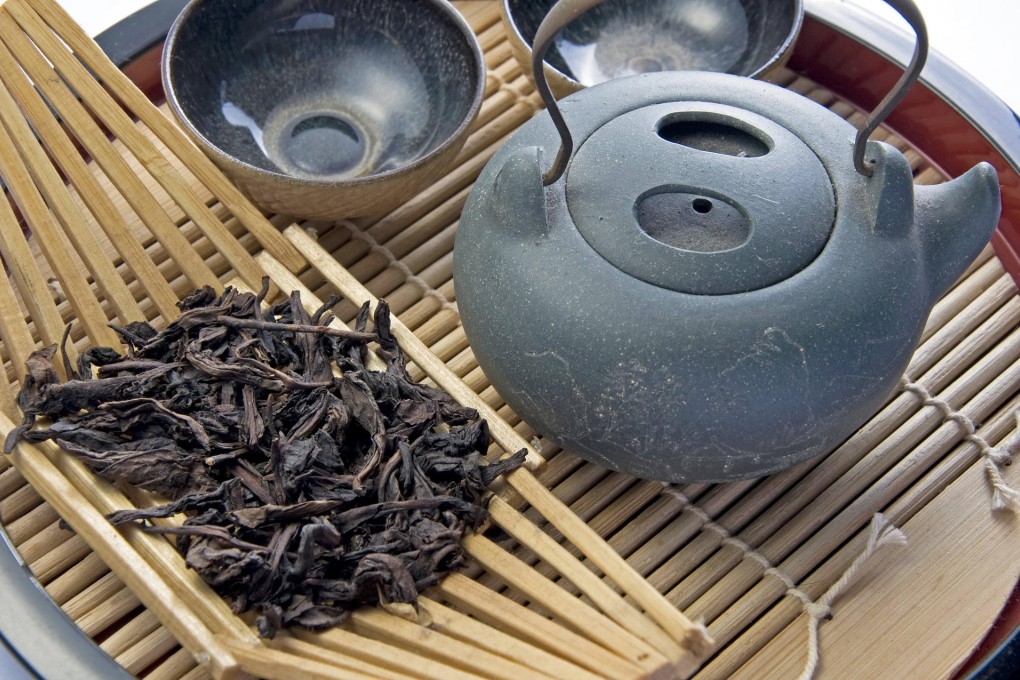
This week, we are transported to Phoenix Mountain, in the Chaoan district of Chiuchow city, Guangdong province, an area known for its distinctive oolong teas, the leaves of which resemble another mythical creature: the dragon. Elongated, twisted and curly, the leaves are dark in colour and, when brewed in water, the tea changes in hue, from dark brown to reddish green, a sign of oxidation.
Phoenix Mountain is part of the South China ranges that span into Fujian province, which is another major oolong-producing area. The mountains rise as high as 1,500 metres and the tea trees grow on steep slopes of dark rock and loose, reddish-yellow soil. The temperature in this area averages 20 degrees Celsius and the subtropical climate, wet air from the Pacific Ocean and high altitude combine to create a favourable terroir for cultivation.
Unlike the tea bushes we are accustomed to seeing in plantations, which have leaves that are within an arm's reach, the tea trees here are tall (three to five metres), with thick trunks and large crowns. Pickers use ladders to gather the fresh leaves by hand; many of the trees here are very old and most are well preserved and maintained. More than 200 types of bush are found in the area, each producing tea with its own distinctive aroma and taste profile.
If you are used to drinking blended teas, with flowers and fruits added to the base to create complexity, you may be surprised by the range of aromas, tastes and aftertastes that occur naturally in these oolongs - from flowers such as orchid and osmanthus to fruits such as peach, lychee and ginger.
Locals drink oolong throughout the day - brewing stations are set up in front of and inside almost every store. " Jek tea" in the Chiuchow dialect means "eating tea", which indicates just how important tea is to daily life here.
Phoenix oolongs are high in antioxidants and catechins. They also have enough caffeine - 2 to 5 per cent - to boost energy, and theanine, an amino acid, which relieves pressure and anxiety. For those with sensitive respiratory systems, the diuretic Phoenix oolongs, such as Mandarin Orchid, are said to cleanse the lungs and liver.